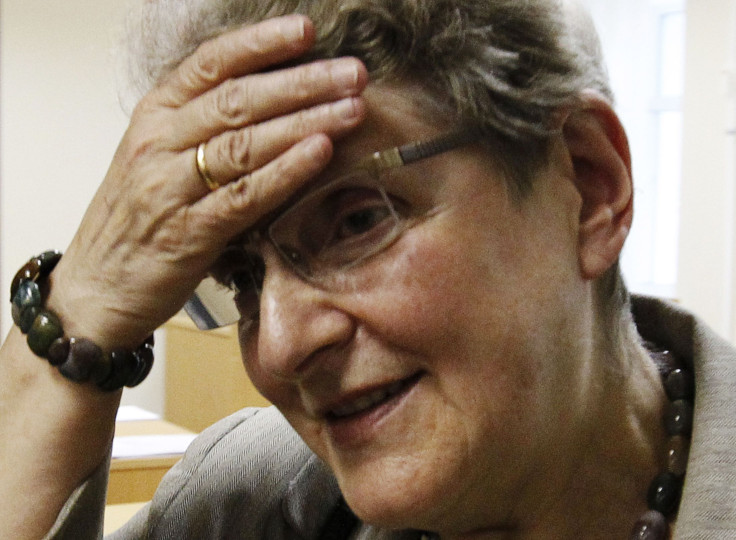Dissent In Russia: New Law Curbing Nongovernmental Organizations Worries EU

The European Union joined the U.S. Sunday in condemning a Russian law that expands Moscow’s authority over nongovernmental organizations. The law signed by Russian President Vladimir Putin Saturday gives authorities the power to ban foreign NGOs and provides for possible six-year prison terms for NGO employees deemed to be working for foreign agents.
“This law will have a further negative impact on the work of civil society in Russia. It will restrict freedom of speech and media as well as pluralism of opinion,” the European External Action Service said in a statement Sunday.
Critics say the law is so broadly worded, any organization or business could be targeted. It also bypasses the court system. Russia has been cracking down on dissent amid a flurry of global criticism over numerous issues including the annexation of Crimea last year, and laws restricting LGBT rights and freedom of expression.
#Russian law clamps down on foreign NGOs. Each new law further limits civil society. Why #Kremlin so worried? http://t.co/3rAdJ2ge9b
— William Courtney (@courtneywmh) May 24, 2015“We are deeply troubled by a new law in Russia that allows the government to ban the activities of ‘undesirable foreign or international organizations’ in Russia and criminalizes any ‘cooperation’ with groups with that designation,” Marie Harf, U.S. State Department deputy spokeswoman, said in a statement Saturday.
Groups linked to Russian politics have been facing increased restrictions as the result of a law passed in 2012 that requires them to register as foreign agents. “Enforcement of the ‘foreign agents’ law led to an unprecedented, nationwide inspection campaign of hundreds of nongovernmental organizations,” Human Rights Watch said.
Very concerned & disappointed by the law on 'undesirable NGOs' adopted yesterday by the Russian Duma http://t.co/QxB4b3ACVo
— Nils Muiznieks (@CommissionerHR) May 20, 2015That law has been used to harass Russian activists, like Svetlana Gannushkina, a human rights activist and chairwoman of the Grazhdanskoe Sodeistvie (Civic Assistance). Gannushkina, a mathematician and 2010 Nobel Peace Prize contender, was summoned by authorities and issued a small fine for not complying with the foreign-agent law.
In 2013, Russia's independent election monitors, Golos, was fined 300,000 rubles ($9,500 at the time) for noncompliance. Under the legislation signed Saturday, people could a face jail time for such offenses.
© Copyright IBTimes 2024. All rights reserved.






















